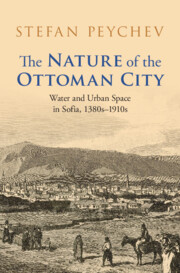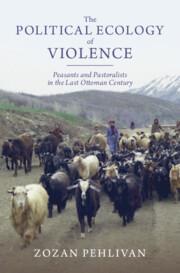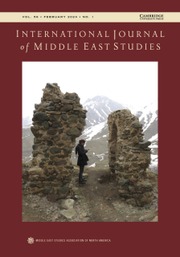The Nature of the Ottoman City
In this innovative interdisciplinary work, Stefan Peychev problematizes the dominant narrative of decline and stagnation in Ottoman Sofia. Drawing on a range of sources and perspectives, including environmental and urban history, archaeology and anthropology, he examines the creation and experience of urban space and place. By employing a longue durée framework and considering empire-wide developments, this work challenges the epistemological boundaries that have traditionally separated Ottoman from post-Ottoman space and the Middle East from Southeast Europe. Peychev argues instead for an integrated understanding of Sofia's water infrastructure, in which Ottoman ideas of the built environment fused with local cultural and technological traditions to create an efficient and long-lasting system.
- Deconstructs the dominant narrative of Ottoman Sofia's stagnation and decline
- Integrates perspectives from multiple disciplines
- Breaks down the epistemological boundaries that separate the Ottoman from post-Ottoman space, and the Middle East from Southeast Europe
Reviews & endorsements
‘Overcoming the historiographies of Bulgarian nationalism and Ottoman exceptionalism, this important book offers us an entirely new history of Ottoman Sofia told through its waters. Never again should Ottoman urban histories ignore the environment.’ Alan Mikhail, Yale University
Product details
July 2025Hardback
9781009558853
224 pages
229 × 152 mm
Not yet published - available from July 2025
Table of Contents
- Introduction
- 1. Water Supply and the Making of Early Modern Ottoman Sofia
- 2. Thermal Springs, Public Baths, and Ottoman Sofia's Culture of Water
- 3. Coping with Disaster: Sofia's Long Nineteenth Century
- Epilogue
- Bibliography
- Index.




